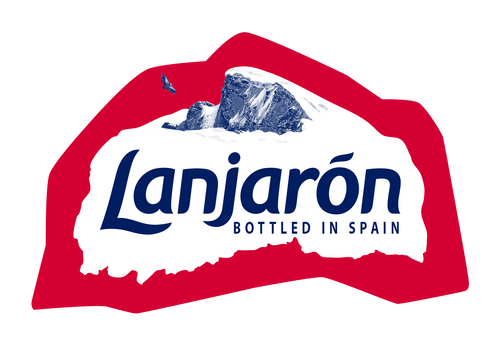Exposure to BPA May Have Harmful Health Effects
For immediate release: Thursday, May 21, 2009
Boston, MA — A new study from Harvard School of Public Health (HSPH) researchers found that participants who drank for a week from polycarbonate bottles, the popular, hard-plastic drinking bottles and baby bottles, showed a two-thirds increase in their urine of the chemical bisphenol A (BPA). Exposure to BPA, used in the manufacture of polycarbonate and other plastics, has been shown to interfere with reproductive development in animals and has been linked with cardiovascular disease and diabetes in humans. The study is the first to show that drinking from polycarbonate bottles increased the level of urinary BPA, and thus suggests that drinking containers made with BPA release the chemical into the liquid that people drink in sufficient amounts to increase the level of BPA excreted in human urine.
The study appears on the website of the journal Environmental Health Perspectives and is freely available at http://www.ncbi.nlm.nih.gov/pmc/articles/PMC2737011/.
In addition to polycarbonate bottles, which are refillable and a popular container among students, campers and others and are also used as baby bottles, BPA is also found in dentistry composites and sealants and in the lining of aluminum food and beverage cans. (In bottles, polycarbonate can be identified by the recycling number 7.) Numerous studies have shown that it acts as an endocrine-disruptor in animals, including early onset of sexual maturation, altered development and tissue organization of the mammary gland and decreased sperm production in offspring. It may be most harmful in the stages of early development.
“We found that drinking cold liquids from polycarbonate bottles for just one week increased urinary BPA levels by more than two-thirds. If you heat those bottles, as is the case with baby bottles, we would expect the levels to be considerably higher. This would be of concern since infants may be particularly susceptible to BPA’s endocrine-disrupting potential,” said Karin B. Michels, associate professor of epidemiology at HSPH and Harvard Medical School and senior author of the study.
The researchers, led by first author Jenny Carwile, a doctoral student in the department of epidemiology at HSPH, and Michels, recruited Harvard College students for the study in April 2008. The 77 participants began the study with a seven-day “washout” phase in which they drank all cold beverages from stainless steel bottles in order to minimize BPA exposure. Participants provided urine samples during the washout period. They were then given two polycarbonate bottles and asked to drink all cold beverages from the bottles during the next week; urine samples were also provided during that time.
The results showed that the participants’ urinary BPA concentrations increased 69% after drinking from the polycarbonate bottles. (The study authors noted that BPA concentrations in the college population were similar to those reported for the U.S. general population.) Previous studies had found that BPA could leach from polycarbonate bottles into their contents; this study is the first to show a corresponding increase in urinary BPA concentrations in humans.
One of the study’s strengths, the authors note, is that the students drank from the bottles in a normal use setting. Additionally, the students did not wash their bottles in dishwashers nor put hot liquids in them; heating has been shown to increase the leaching of BPA from polycarbonate, so BPA levels might have been higher had students drunk hot liquids from the bottles.
Canada banned the use of BPA in polycarbonate baby bottles in 2008 and some polycarbonate bottle manufacturers have voluntarily eliminated BPA from their products. With increasing evidence of the potential harmful effects of BPA in humans, the authors believe further research is needed on the effect of BPA on infants and on reproductive disorders and on breast cancer in adults.
“This study is coming at an important time because many states are deciding whether to ban the use of BPA in baby bottles and sippy cups. While previous studies have demonstrated that BPA is linked to adverse health effects, this study fills in a missing piece of the puzzle-whether or not polycarbonate plastic bottles are an important contributor to the amount of BPA in the body,” said Carwile.
The study was supported by the Harvard University Center for the Environment and the National Institute of Environmental Health Sciences Biological Analysis Core, Department of Environmental Health, HSPH. Carwile was also supported by the Training Program in Environmental Epidemiology.
“Use of Polycarbonate Bottles and Urinary Bisphenol A Concentrations,” Jenny L. Carwile, Henry T. Luu, Laura S. Bassett, Daniel A. Driscoll, Caterina Yuan, Jennifer Y. Chang, Xiaoyun Ye, Antonia M. Calafat, Karin B. Michels,
Sourced from - Environmental Health Perspectives, online May 12, 2009.


